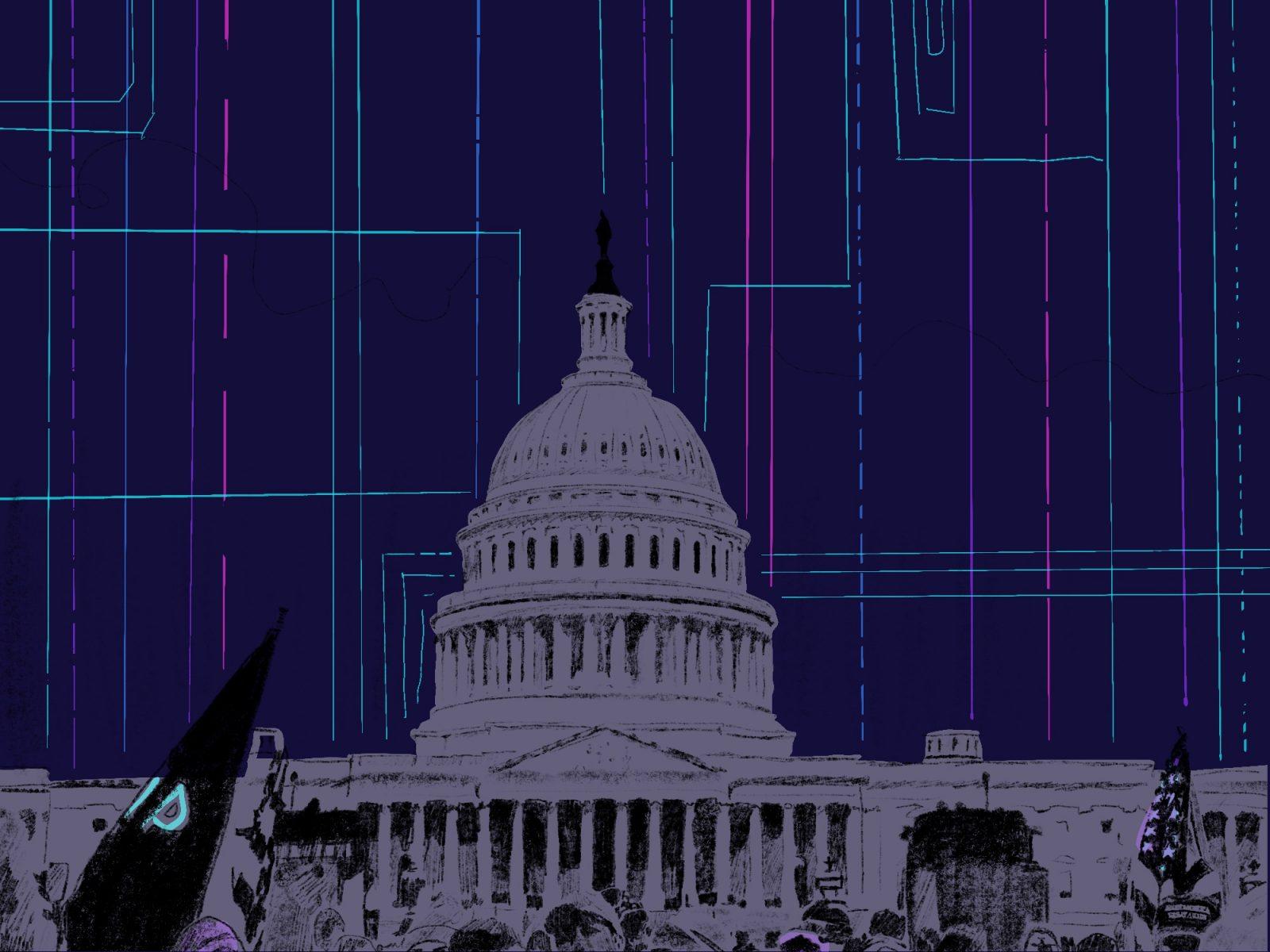Humans have been tempted by the dream of eternal life since Adam and Eve ate from the Tree of Knowledge of Good and Evil. Human history is flooded with tales of explorers and mystics searching for the secrets to immortality, from Ponce de León’s search for the Fountain of Youth to alchemists designing elixirs to outwit Death himself. This quest has now been transformed by the structured logic of science and technology.

Today, we have before us crusaders like billionaire Bryan Johnson, who stand at the forefront of this age-old battle, but with an altogether different approach. Johnson’s approach to achieving immortality isn’t through quests, but through a rigorous, scientifically backed regimen costing $2 million annually.
Johnson’s “Blueprint” algorithm is a modern twist on an ancient desire, combining advanced biotechnology with comprehensive health monitoring strategies intended to increase Johnson’s biological longevity.
This enduring fascination with longevity, surviving the transition from ancient mysticism through Renaissance-era exploration to the forefront of modern science, reveals much about us as a species — our relentless quest for immortality and our unwavering faith in the latest “hot topic” technologies as the means to achieve it. Immortality raises intriguing questions about what we seek from life when our end seems negotiable.
The Eternal Life Conundrum
Existentially speaking, there is a conundrum before us in the concept of eternal life. In facing this eternal conundrum, I find myself deeply troubled.
Immortality is a seductive concept but it’s loaded with hidden thorns. In my view, the brevity of life is what seasons it with meaning. Knowing that our time is limited inspires us to live more fully, to cherish each moment and to strive for connection. An endless expanse of time might cheapen the richness of these experiences, potentially leading to an existential void without the urgency to live meaningfully. I align myself with the view that it is our mortality that provides urgency and significance.
After all, sacrificing for greatness today becomes unnecessary when another century of indulgence awaits.
Is it not the knowledge of our imminent death that fuels our passions, ambitions and even our simple joy? Death’s ominous hand sharpens our focus, compelling us to live deeply and meaningfully. Strip that all away, and what’s left? An eternal life, surely, but an eternally meaningless one.
Stripped of life’s natural rhythm, we could end up floating aimlessly through an ocean of never-ending todays, with each one blurring into the next and less precious than the last. Instead of sparking desire, a life of eternal meaning should give us pause — a moment to reflect on what it means to chase after eternal life. It’s a nudge, or maybe even a shove, reminding us that life’s prize isn’t just about packing years into our lives, but about packing those years with meaning.
Do We Need Novelty?
When we imagine an immortal human life, we are prompted to consider the following question: Can wisdom alone sustain our spirits when the allure of novelty wears off? This question invites us to consider the limits of human fulfillment and the never-ending search for the next new experience.
Consider this: Pursuing wisdom might turn out to be the most exciting journey of all.
In an immortal existence, the insights and understandings we gather from our experiences could offer continuous intrigue, providing a deeper and more enduring satisfaction than the quick fix of new experiences. Diving into wisdom, learning from centuries past and discovering truths previously out of reach could fulfill our need for novelty in a substantially more meaningful way.
From my standpoint, wisdom isn’t just a “nice-to-have” in an immortal life. It’s the very lifeline that could make an endless existence bearable, but not always meaningful. The pursuit of knowledge, and not money, must overwhelmingly encompass the purpose of an immortal life.
Let’s be clear: I’m not an immortality advocate. Instead, I argue that if the human species, in some dystopia, finds itself on the path toward never-ending life, it will be the depth of our wisdom, the breadth of our understanding and the richness of our insights that will make such a life tolerable.
Without seeking knowledge, life would simply repeat the same exhaustive patterns. But with this pursuit, every day offers a new chance to learn, possibly keeping the boredom of “forever” at bay.
As we potentially stand on the brink of realizing this age-old dream, we ought to remember the lessons hidden in our oldest histories. Just as the Tree of Knowledge of Good and Evil offered wisdom — a forbidden wisdom — at the cost of paradise, so too does the pursuit of immortality promise knowledge at the expense of life’s natural cadence.
And indeed, this pursuit of immortality seems destined to endure as long as humanity itself. In the future, Bryan Johnson will be known — or perhaps, remembered — as a visionary regardless of Blueprint’s success, but we’ve seen him before. He’s only the latest in a long lineage of dreamers, from Ponce de León, and even further, to the very genesis of desire itself in Adam and Eve.
Perhaps, then, we should consider that our Eden isn’t to be found in the endless days ahead, but in the wisdom we gather and the love we share in the time we’re given.
























































































































